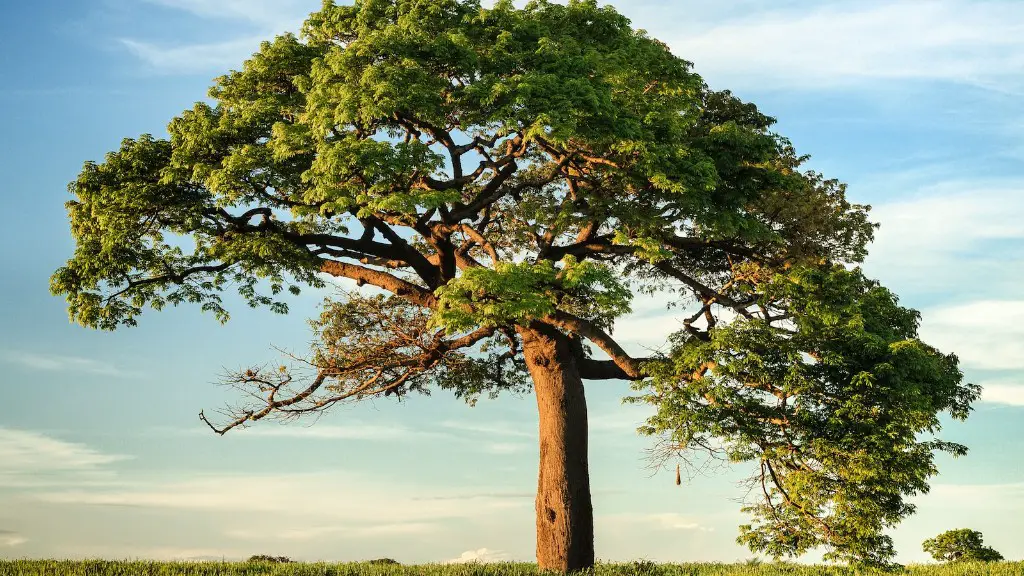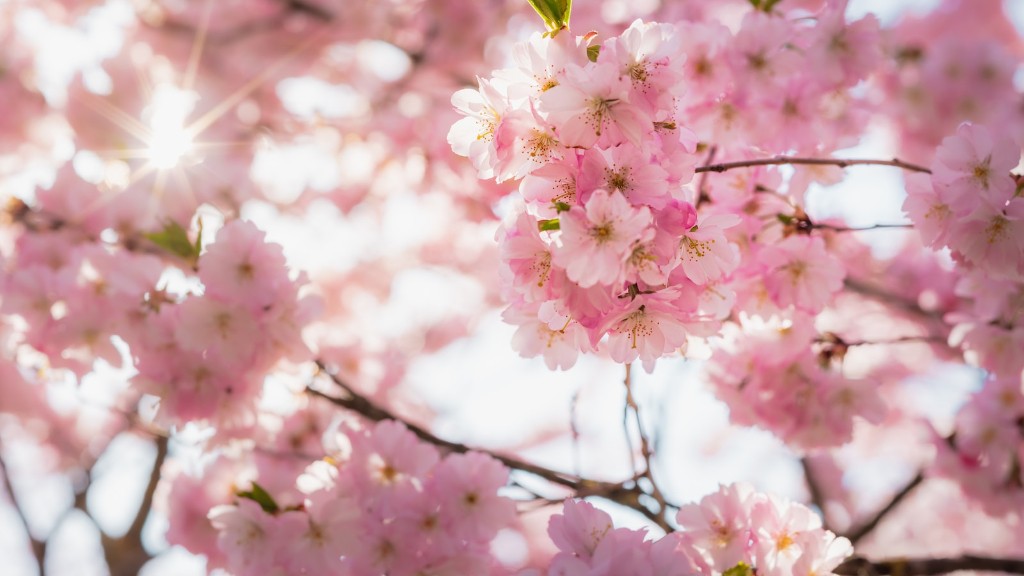Watering a lemon tree is essential for its health and growth. To determine how frequently the tree should be irrigated, you need to take into consideration the size and location of the tree. In general, lemon trees need to be watered at least once a week, although more water may be needed during very hot summer months.Contrary to popular belief, overwatering can cause just as much damage to a tree as underwatering. Therefore, it is important to understand when your lemon tree needs to be watered, as watering it too often can lead to root rot and nutrient deficiency.
For trees planted in the ground, water should penetrate 8-12 inches into the soil. A good way to test for this is to push a metal rod or stick about 8-12 inches deep into the soil, then pull it back out and measure the moisture level. Plants in pots may need to be watered more often, as soil in containers dries out faster than in the ground.
It is recommended that lemon trees receive 1.2-2.4 gallons of water, depending on their size.Young plants require more water than established trees. Therefore, larger plants may need extra water during periods of hot weather, while established trees can survive with less. Additionally, those planted in sandy soils will require more frequent irrigation than those planted in heavier loam.
When it comes to how often you water your lemon tree, the frequency also depends on its age. While young trees require more frequent watering, established trees may only need supplemental watering once a month.Always check the tree’s soil for dryness before watering. If it does not appear to be dry, then no additional water is necessary.
Overall, it is important to pay attention to your lemon tree’s soil moisture. Lemon trees should not be overly watered or unable to access enough moisture. Water when the top-inch of soil feels dry to the touch and give your selected tree type the amount of water it needs to thrive.
Nutrient-rich Soil
To ensure your lemon tree has enough nutrients, it is important to use nutrient-rich soil. The best soil for a lemon tree is a mix of one part peat moss and one part sand. Adding organic matter, such as compost, to the mix can help your tree get the essential nutrients it needs for growth.
For best results, be sure to add new soil to your tree’s pot every two or three years. This will ensure that the tree is getting enough nutrients from the soil and not having to draw on its own stores. It is also important to make sure that the tree’s root system is not pot-bound and is able to spread out easily in the pot.
Routine fertilizing is another way to make sure your tree is well fed. Most lemon trees will benefit from a balanced fertilizer applied in early spring, after the first bloom has opened. This will help to promote strong growth and flowering. Add a light layer of organic matter to the soil every spring to help maintain fertility.
Additionally, keeping your tree mulched will help to keep moisture in the root zone and prevent weeds from competing with the lemon tree for nutrients. Mulching should be done in the spring and early summer, before the hot summer months.
Water Quality
It is important to use clean, high-quality water for irrigating your lemon tree. Tap water typically contains chlorine, which can damage the tree’s root system. If possible, rainwater should be used or filter the water before using. If you cannot use rainwater or filter the existing water, then let the water stand for at least 24 hours before using it to allow the chlorine to dissipate.
To help save water, an automatic timer can be installed on the irrigation system. This will ensure that the tree gets the right amount of water and that the water is distributed evenly throughout the root zone. Lastly, proper drainage is essential to maintain the health of the tree. If the drainage is poor and the roots get too much water, they can rot, leading to a stunted growth.
Air Circulation
Good air circulation is essential to the health of a lemon tree. Make sure that the tree is planted in an area where it can receive plenty of fresh air, as this will help to keep the foliage dry and help reduce the risk of disease. If the tree is planted in an enclosed space, add fans to help move the air and keep the foliage dry.
Also, make sure that the tree is receiving adequate light and sun. Lemon trees prefer full sun, which provides them with the appropriate amount of light they need to produce fruit. If the tree is planted in a shady area, it will struggle to develop fruit and will be more susceptible to disease.
Lastly, it is important to not overcrowd lemon trees. Space the trees so that air and sunlight can get to each. This will help to ensure that the trees get the appropriate amount of light and air circulation to remain healthy and productive.
Pruning and Care
Proper pruning is key to maintaining a healthy lemon tree and promoting its growth. Prune the tree in early spring, after the last frost, to maintain its shape and encourage a healthy canopy. Be sure to trim away any dead, diseased, or broken limbs and thin out the canopy if the tree is too dense. Removing some of the foliage will help to increase airflow around the tree.
It is also important to monitor the tree for pests and diseases. If pests are present, use the appropriate insecticidal soap or product to treat the tree. Also inspect the leaves for any signs of disease and contact a professional if needed.
Lastly, it is important to make sure that the tree is regularly irrigated, fertilized, and mulched. This will help to keep the tree healthy and provide it with the nutrients it needs to thrive. Regular pruning and fertilizing will also help to ensure that the tree remains productive.



